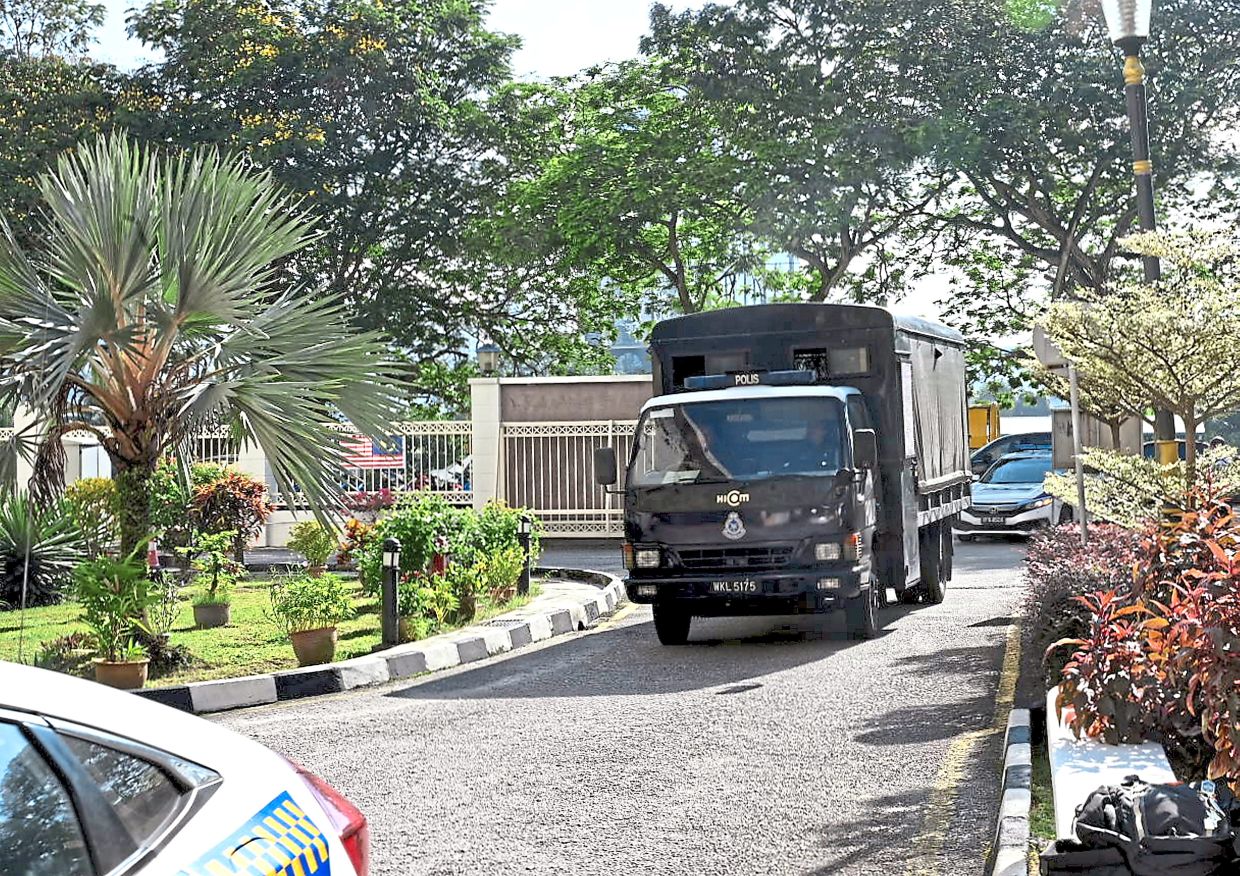PETALING JAYA: Experts are calling for earlier mental health screening and more robust intervention measures in schools, warning that troubling student behaviour often goes unnoticed until it escalates into violence.
They said the fatal school attack on Tuesday should serve as a wake-up call to strengthen emotional support systems and psychological services from as early as primary school.
Mental Illness Awareness and Support Association Malaysia founder and president Anita Abu Bakar said youth violence generally stems from a combination of underlying factors and broader social trends.
She said it would be ideal to begin screening from Year 6 and Form 1, but added that the support network must extend beyond that to have a lasting impact.
“Specifically, we should be investing wholesale in comprehensive mental health and emotional support, rather than just mental health assessments at different stages of life,” she said yesterday.
She said the initiative should include increasing the number of licensed mental health professionals and peer support workers in schools.
“It should also involve comprehensive psychoeducation programmes for students, teachers and parents alike to help identify signs of mental health distress earlier on,” she said.
Anita added that such policies should empower students by involving them directly in their care and addressing their needs.
“Make them feel heard, seen and valued. When students feel safe, they will be able to reach out easily,” she said.
Retired Senior Police Officers Association president Datuk Meor Check Hussien Mahayuddin said the Education Ministry should seriously consider assigning psychologists to all schools to ensure students’ mental health is well managed.
“They should have sessions every six months.
“I feel it is about time this is done to prevent further violence and criminal acts in schools,” he said.
He said students today are influenced by many mediums, especially social media, gaming, films and TV series.
“We should mitigate such influences to ensure they do not get carried away and act out what they see on these platforms,” he added.
Retired child and adolescent psychiatrist Dr Lai Fong Hwa warned about the dangers of social media, saying it can influence the rise of violent behaviour among children and teenagers.
“Children and teenagers are sometimes attracted to violent videos, especially from the West.
“So violent videos, shooting and killing games are not good for children and teenagers,” he said.
Clinical psychologist Dr Joel Low said emotional distress and violent tendencies are not always easy to detect.
“This is a hard one. Many times there’s this false belief that we can ‘tell or predict’ when someone is going through a hard time, and that there are obvious signs to look out for.
“At the end of the day, we have to acknowledge that human agency is a big factor, and sometimes when someone doesn’t want you to know something, it can be masked and kept hidden,” he said.
Commenting on the influence of social media, peer pressure and online exposure, Dr Low said these factors play “a very extreme and amplified role.”
“Humans are collectivistic, herd-like beings by nature, and we tend to find comfort and safety in mimicking society or people around us for acceptance.
“The problem with social media and online exposure is that there is no real gradient, threshold or gatekeeping that takes place,” he said.

